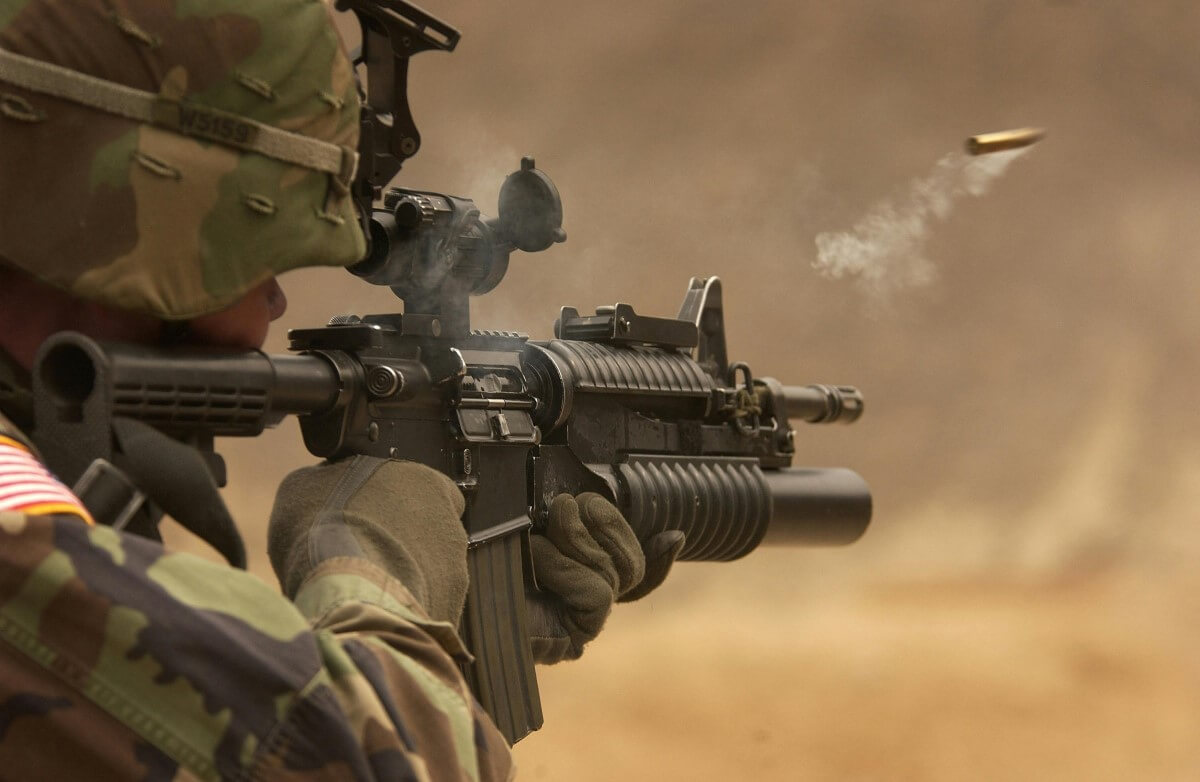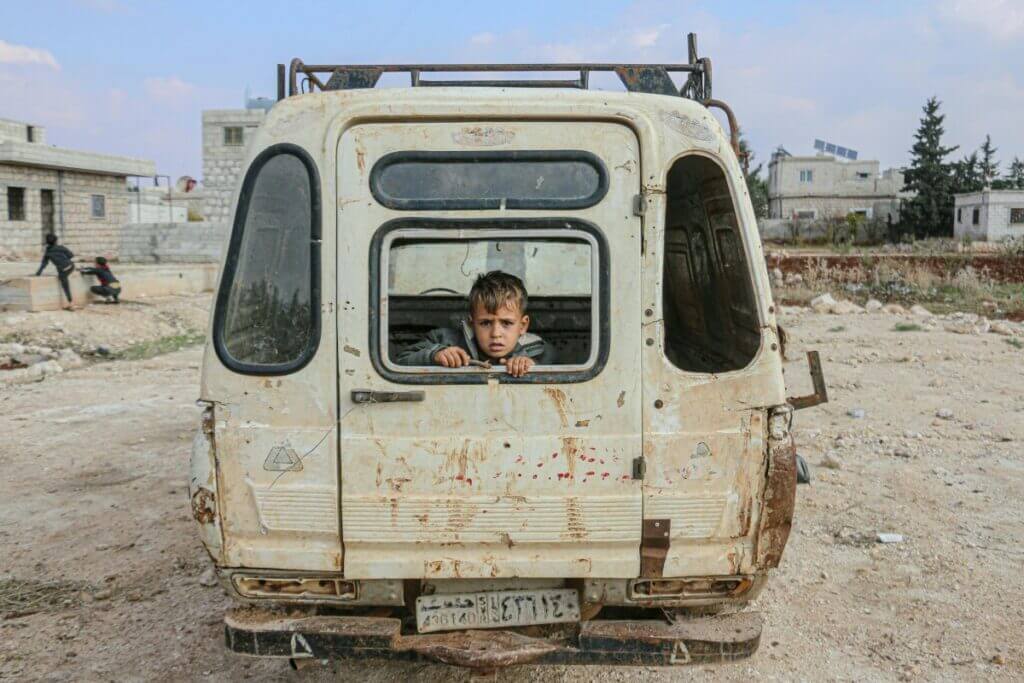
A Volatile April: Israel-Iran Tensions Escalate
In early April 2023, the Middle East witnessed a dramatic escalation in military tensions that would mark one of the most intense periods of conflict the region has seen in recent years. It began with a significant and provocative act: an airstrike on the Iranian embassy in Damascus, attributed to Israeli forces. This aggressive move was not just a simple tactical operation, but a powerful signal that set the stage for a series of retaliatory acts that unfolded over the following weeks, drawing in various regional players and international responses.
April 2023: Damascus Airstrike Ignites Tensions
On April 1, 2023, the quiet early hours in Damascus were shattered by the roar of an airstrike targeting the Iranian embassy. This bold military action, quickly attributed to Israel, was a clear escalation of the proxy conflicts that have long simmered between Israel and Iran, shadowed by their competing influences in Syria and Lebanon. The strike was presumably aimed at disrupting Iranian logistical and military capabilities, potentially hampering Iran’s ability to project power in the vicinity of Israel.
Iran’s Massive Retaliation: 300+ Missiles Launched
Reacting to the attack on its embassy, Iran launched a significant counter-strike on April 15, 2023. It fired over 300 drones and missiles toward Israeli territory—an overwhelming number intended to saturate Israel’s famed Iron Dome missile defense system. Despite the sheer volume of the attack, the physical damage inflicted was surprisingly modest. The country managed to intercept the majority of the missiles, showcasing the effectiveness of defensive strategies in modern warfare. Tragically, the attack did not pass without civilian impact, as a 7-year-old girl was wounded in the assault, highlighting the indiscriminate nature of such large-scale retaliatory actions.
Israeli Ground Ops in Lebanon: New Front in Conflict
On the same day, in a separate but perhaps coordinated move, Israeli ground forces conducted an incursion into Lebanese territory. This action marked a significant escalation from the usual airstrikes and missile exchanges. Moreover, it involved ground forces for the first time on such a scale since the Gaza conflict had intensified. This ground operation signaled a serious shift in the nature of the conflict, suggesting that Israel decided to confront its adversaries more directly on multiple fronts.
The incursion resulted in the wounding of four Lebanese soldiers. The operation likely aimed at preempting Hezbollah or other Iranian-backed groups from opening a new front against Israel in the north. Such a development could further strain Israel’s military resources. Thus, Israel targeted potential staging grounds or logistic bases used by these groups to deliver a strong preventive strike. The latter might deter further escalation from Lebanese territory.

Gaza Conflict: Over 33,000 Palestinians Dead
Parallel to these events, the ongoing strife in Gaza has seen devastating human costs. The Israeli offensive, a response to Hamas attacks on October 7, has resulted in over 1,200 Israeli casualties and the death of more than 33,000 Palestinians. The figures are a stark reminder of the severe humanitarian impact of the conflict, with Gaza facing disproportionate damage and loss of life. Hamas has also taken 253 hostages, adding a layer of complexity and urgency to the crisis, complicating rescue and negotiation efforts.
Global Powers React: Calls for Restraint Amid Crisis
In the wake of these events, international leaders have scrambled to respond. Israeli Military Chief Herzi Halevi has ominously promised retaliation. However, he did not disclose specifics. His statement hinted at covert operations or planned strikes, tactics that Israel has historically utilized. On the other hand, Iranian officials have promised an immediate counter-response. They stated it would come “in seconds, not days” following any further Israeli military actions. This declaration suggests a readiness to escalate further, risking a wider regional conflict.
Meanwhile, President Joe Biden of the United States, along with other Western leaders, has called for restraint. These leaders include officials from the European Union and the United Kingdom. Biden’s plea to Israeli Prime Minister Netanyahu emphasized avoiding a counter-strike. This plea underscores the global concern for a potential spiral into war. Additionally, the EU and G7 are taking steps to toughen sanctions against Iran. These sanctions particularly target drone and missile production. This measure represents a strategic approach to limit Iran’s military capabilities indirectly.
EU and G7 Escalate Sanctions Against Iranian Drones
The European Union, led by Germany and France, has concentrated on limiting Iran’s drone production capabilities. These extended sanctions target the technological core of Iran’s offensive capabilities. Meanwhile, the G7, under the guidance of British PM Rishi Sunak, is also taking action. They are preparing a comprehensive package of economic and military sanctions. These measures aim to pressure Iran both economically and militarily.
On the diplomatic front, Israeli Foreign Minister Israel Katz has taken active steps. He has reached out to 32 countries to help support sanctions against Iran’s missile program. Additionally, he seeks to designate the Revolutionary Guard Corps as a terrorist organization. Consequently, this diplomatic effort could further isolate Iran. It may deter financial and military support from Iran’s traditional allies, impacting its global relations.
Long-Term Impacts: Escalation Risks and Humanitarian Crises
Given the current trajectory of events, further military escalations seem inevitable. Both Israel and Iran have shown no inclination to step back, each promising swift and forceful responses to any new provocations. This brinkmanship, while a common tactical posture, risks a significant miscalculation that could lead to a broader conflict, drawing in more regional players and perhaps even global powers.
The long-term consequences of these escalations are grave. The humanitarian crisis in Gaza alone will have enduring effects on the region’s socio-political landscape. Moreover, it will continue to fuel international debates about conflict resolution and military ethics. Economically, the sanctions on Iran, while aimed at de-escalation, will likely disrupt global markets, particularly affecting oil prices and international trade routes.
Navigating a Fragile Future: The Stakes of 2023 Crisis
The 2023 Middle East crisis, characterized by rapid escalation following the airstrike on the Iranian embassy in Damascus, serves as a critical reminder of the region’s fragility and the global stakes involved. The complex interplay of military prowess, diplomatic strategies, and international politics must be navigated carefully to avert a larger catastrophe. The world watches and waits, hoping for de-escalation and a peaceful resolution but preparing for the likelihood of continued conflict. As we analyze these developments, the importance of strategic patience and robust international diplomacy has never been more apparent.




